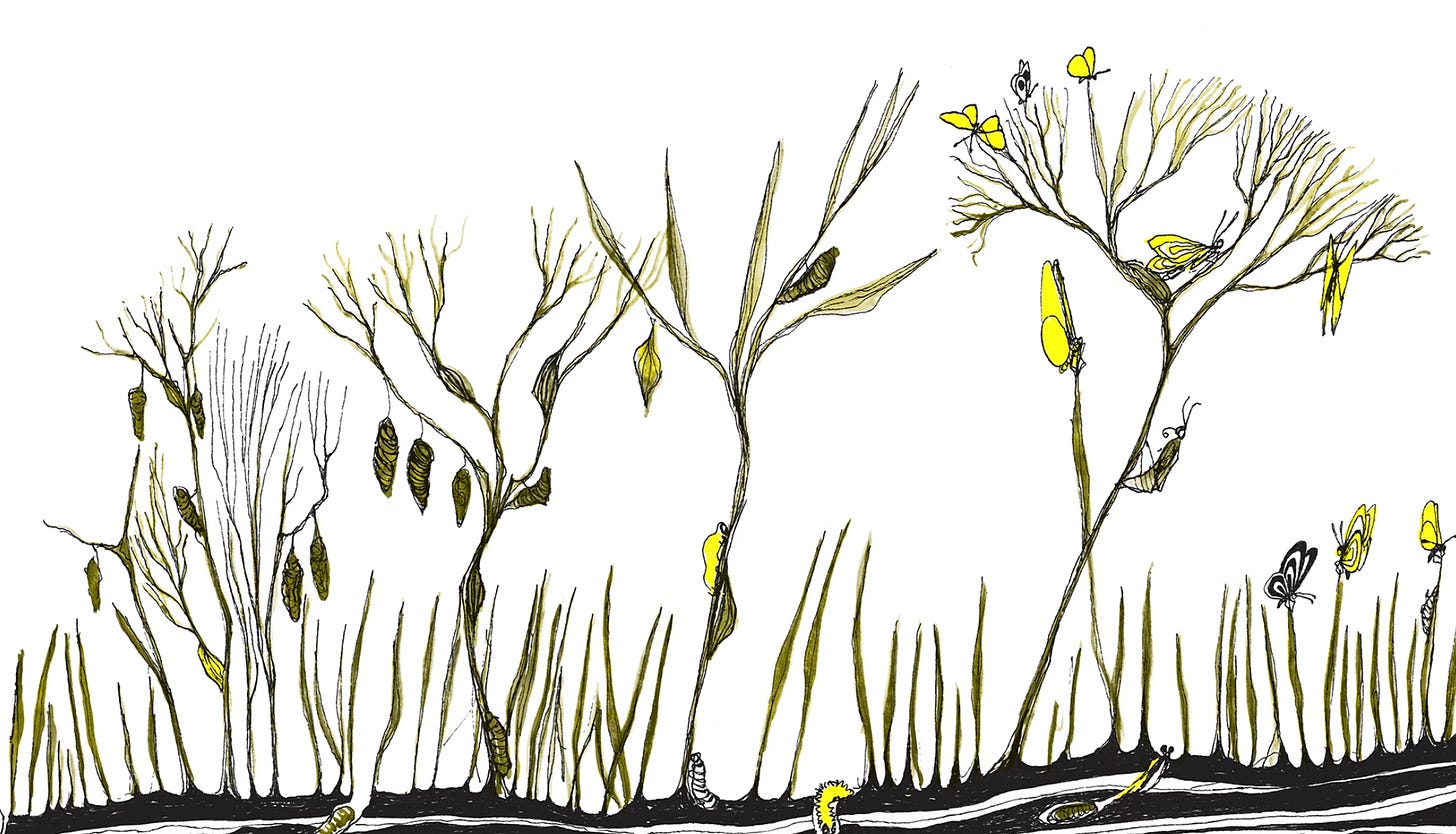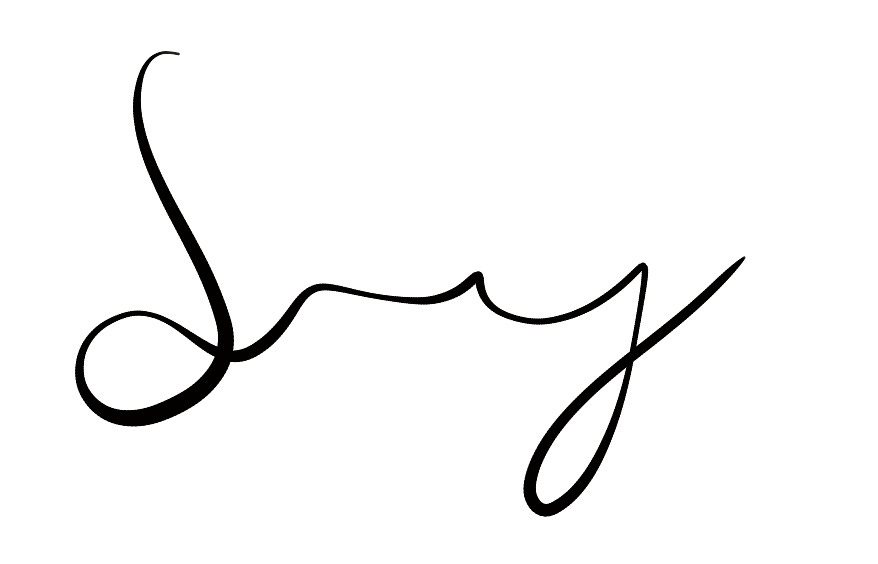Happy Wednesday friends, and welcome new subscribers who have joined us since last week’s post on East/West Approaches to Happiness. I’m making a personal commitment to generate hopefulness over the next five weeks. If you want to support our work cultivating conditions of human flourishing, you can take out a paid subscription here:

This week, we’re going to look at hopefulness as a skill we can learn along two fronts: skillful expectations and explanations.
Are you expecting?
I used to think that we should get rid of expectations. I used to think that expectations cast clouds over our experience of reality. I thought that we should approach our lives with the innocence of a newborn baby. Not anymore.
I’ve learned that we can use expectations to our advantage. We can expect synchronicities, and we’ll find them.12 We can expect that we’ll be tempted to judge other people, and we’ll be ready to attend to the timber in our own eye when we see the speck in the eye of another. We can expect to be a work in progress.
Paradoxically, these expectations can give rise to clarity and to growth.
We can expect to be surprised. We can expect to learn. We can expect to refine, slowly but surely, our relationships with the world. We can expect to change; we can expect uncertainty. We can expect to go forward with the confidence that every FAIL is a Faithful Attempt In Learning.
You’ve got (explanatory) style!
When you’re talking to yourself, how do you explain when things go well? How do you explain when they do not? It’s a play of attention: what we choose to attend to, and how we choose to attend to it.
Hopeful people tend to explain setbacks as impersonal, impermanent, and not pervasive.3 They give themselves grace, and decouple decisions and outcomes. If life were a game of Texas Holdem, they wouldn’t confuse the cards in flop with their decision to stay in the hand. They learn and adapt.
Less hopeful people tend to explain setbacks as personal, permanent and pervasive. They tend to withhold grace, and see bad outcomes as a reflection of bad character. This is a mistake.
The quality of the voice we use to talk to ourselves about ourselves is the single greatest point of leverage we have to improve the quality of our lives.4 Being clear about what we have the power to change is the basis of wisdom, serenity, and courage.5
How we frame our experience is an explanatory skill. Our frames can engender hope, or squash it.
Hope for the Flowers
In Hope For the Flowers, a lovely picture book for adults, two small caterpillars named Stripe and Yellow learn to hope by trusting in the goodness of others. They stop trying to scramble to the top of the caterpillar pillar. They stop stepping on others as if they were rungs of a ladder, and instead, they affirm their togetherness with the creatures beside them.
There’s a subtlety to this kind of hope, a quiet affirmation of what is good in us. And there is so much good in us!
You start pointing positive to what is possible, you do your best, attend to every detail as if you were serving the good. You keep your eyes on the proportion of it all. You strengthen your non-violence to yourself and others, even as you “go hard” on doing your best work.
Seeing and being seen
In a session last week, Brian told us: “When I feel seen, supported and witnessed, something inside me shifts. I’m willing to face the slings and arrows of outrageous fortune. When I witness the humanity in others, I see the utility of hope in action.” He smiled and said thank you to each of us, for helping him feel seen.
We gave some nods of lovingkindness, and then Gail said, “If I’m truly present, there’s always going to be a dash of hope. Witnessing humanity gives rise to hope!” There was a child-like playfulness in how she said it.
Paul went on to read a poem about seeing children playing at a park in Chicago, to affirm the “exuberant beauty and truth of the possible.” Just being in hope for one moment, he said, “that’s a choice.” Hope is heroic, he said -- “a daily activity, a daily practice, a daily nourishment. There’s all we can do to activate hope: write songs, volunteer, work in our communities, reduce and recycle. . . to be a hope activator, it’s getting people to take action.”
We’re stoking a fire, and tending a garden.
And I’m glad to be tending that garden with you.
With hope for the best in all of us,
Sean
Writing for Practical Wisdom
If you want to write within our PERMA Cycle themes, at a distance, this week is on P for Positive Emotions. We’re approaching happiness from three dimensions:
1) The Experiential. How we subjectively experience our lives. This is going to be different for each of us. All hail neurodivergence!
2) The Ethical. How we craft our character to live a good life. This is going to be different for each of us, but there will be universal rules: treat other people like you want to be treated. Don’t use people. Work towards the happiness of others, and you might get some yourself.
3) The Existential. How we make the decisions that matter. This is going to be different for each of us, but we will each make decisions that affect the quality of our lives.
In this light, it struck me how differently we approach “positive emotions.” We are each our own emotional creatures, even positive emotions move us in positive ways:
Peacefulness/Equanimity - Non-judgmental peace with what arises
Lovingness - Capacity to feel and express love
Awe -Encountering something beyond our capacity to understand6
Hope/Optimism - Learned hopefulness; strategic optimism
Gratitude - Recognition and savoring of what we appreciate
Joy/Levity - Playfulness and humor
~~~~~
If you want to play on this thread:
✍️ Which positive emotion(s) are you keen on cultivating?
How will you cultivate these positive emotions daily? Weekly? For this Autumn season?
See our “Synchronicity Toolkit: How to Become a Super-Encounterer” for more on the psychological science of expecting serendipity.
Synchronicity in writing this piece: was drawn to Packy McCormick’s Not Boring, who writes a “Weekly Dose of Optimism.” This week, they’ve got a realistic solution to “Curing American Health Care.” As I look for hope, I’m seeing it.
See the Wikipedia entry on Learned Optimism for more on permanence, pervasiveness, and personalization.
I loved the Jim Loehr interview on on Tim Ferris. In-depth on how inner voice is the “power broker” of your life from the lens of performance psychology.
“…. Grant me the serenity to accept the things I cannot change; courage to change the things I can; and wisdom to know the difference.”
Some resources to cultivate awe in the “Secret Alchemy of Awe”



